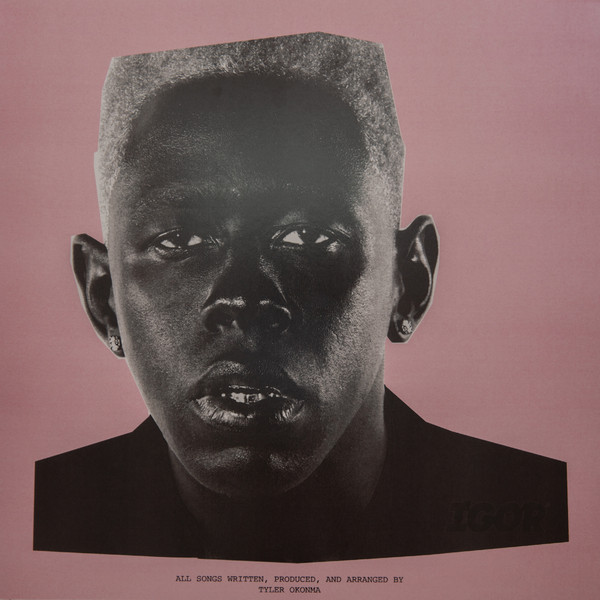By continuing your navigation on this website, you accept the use of cookies for statistical purposes.
Charles Bradley
Changes







A1
God Bless America
A2
Good To Be Back Home
A3
Nobody But You
A4
Ain't Gonna Give Up
A5
Changes
A6
Ain't It A Sin
B1
Things We Do For Love
B2
Crazy For Your Love
B3
You Think I Don't Know (But I Know)
B4
Change For The World
B5
Slow Love
Dunham (DUN-1005)
Daptone Records (DAP-041)
Daptone Records (DAP041)
1x Vinyl LP Album
Release date: Apr 1, 2016, US






